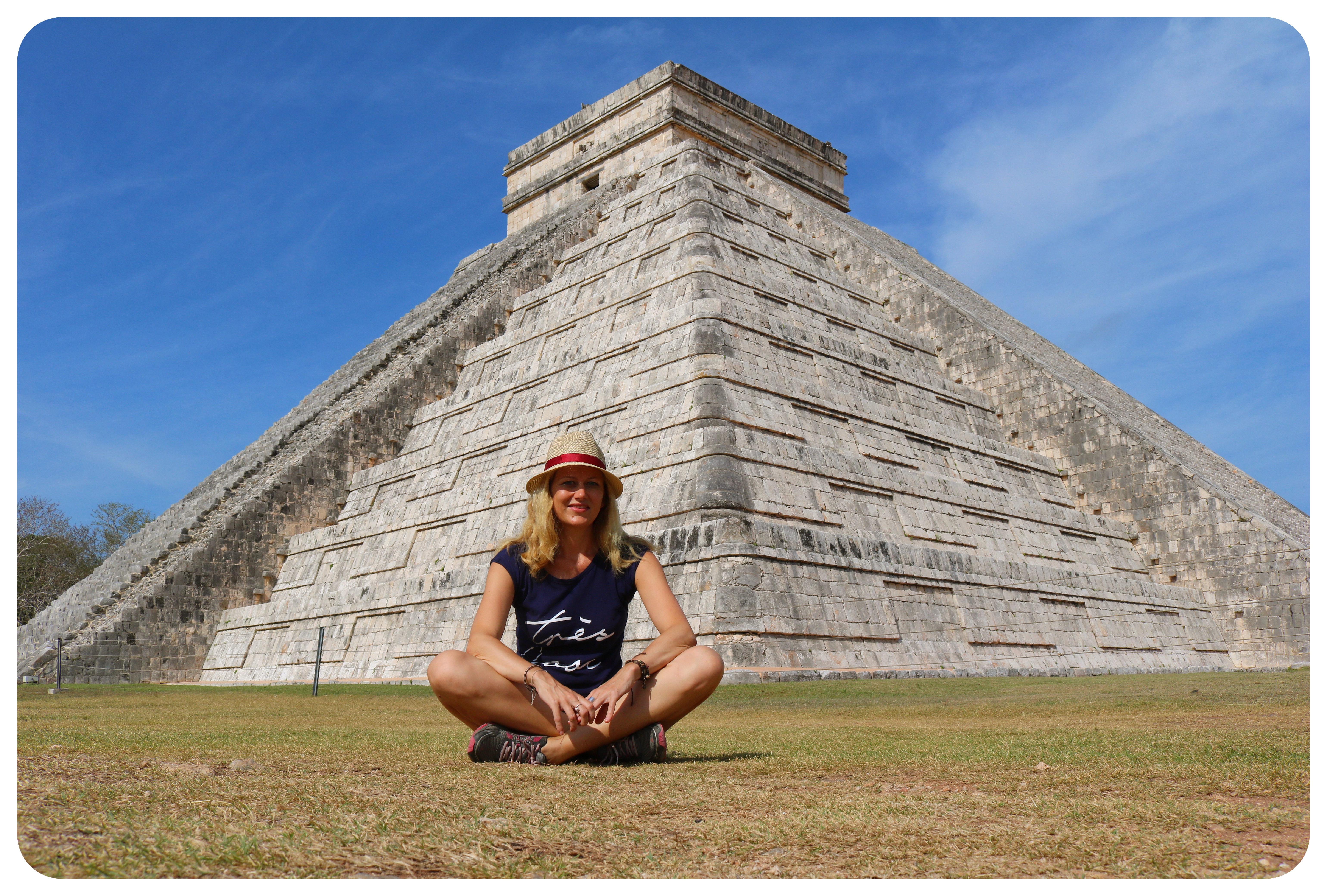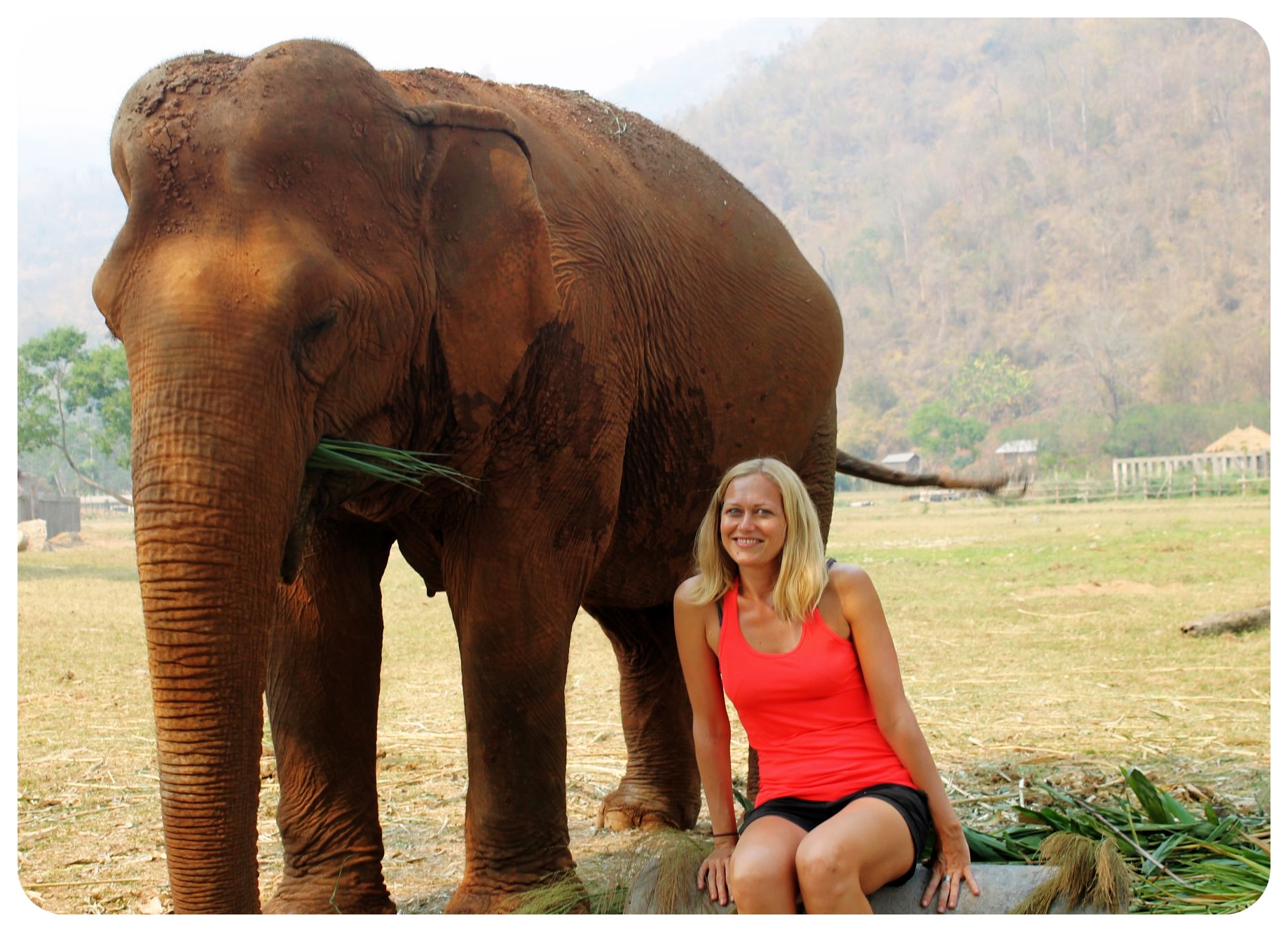Last Updated on October 7, 2024
Traveling abroad can be a very rewarding experience, but it does have a drawback, namely that you’ve got no one else to look after you. Fortunately, you can minimize the risks and get the most out of your experience just by following a few simple do’s and dont’s, both before and during your trip.
Things to do Before Leaving
Hopefully nothing will go wrong with your trip, but if it does, you’ll feel a lot better if you aren’t stuck with huge medical bills. That’s why one of the first things you should do is get travel insurance, and make sure it covers the duration of the trip. You can even take advantage of an exclusive travel insurance promo to save on coverage. Make sure you fully understand your policy, what it does and doesn’t cover, before you leave. You also want to avoid injuries while you’re traveling, you have to think about food safety, and you also have to think about personal safety which can be of particular relevance for female travelers.
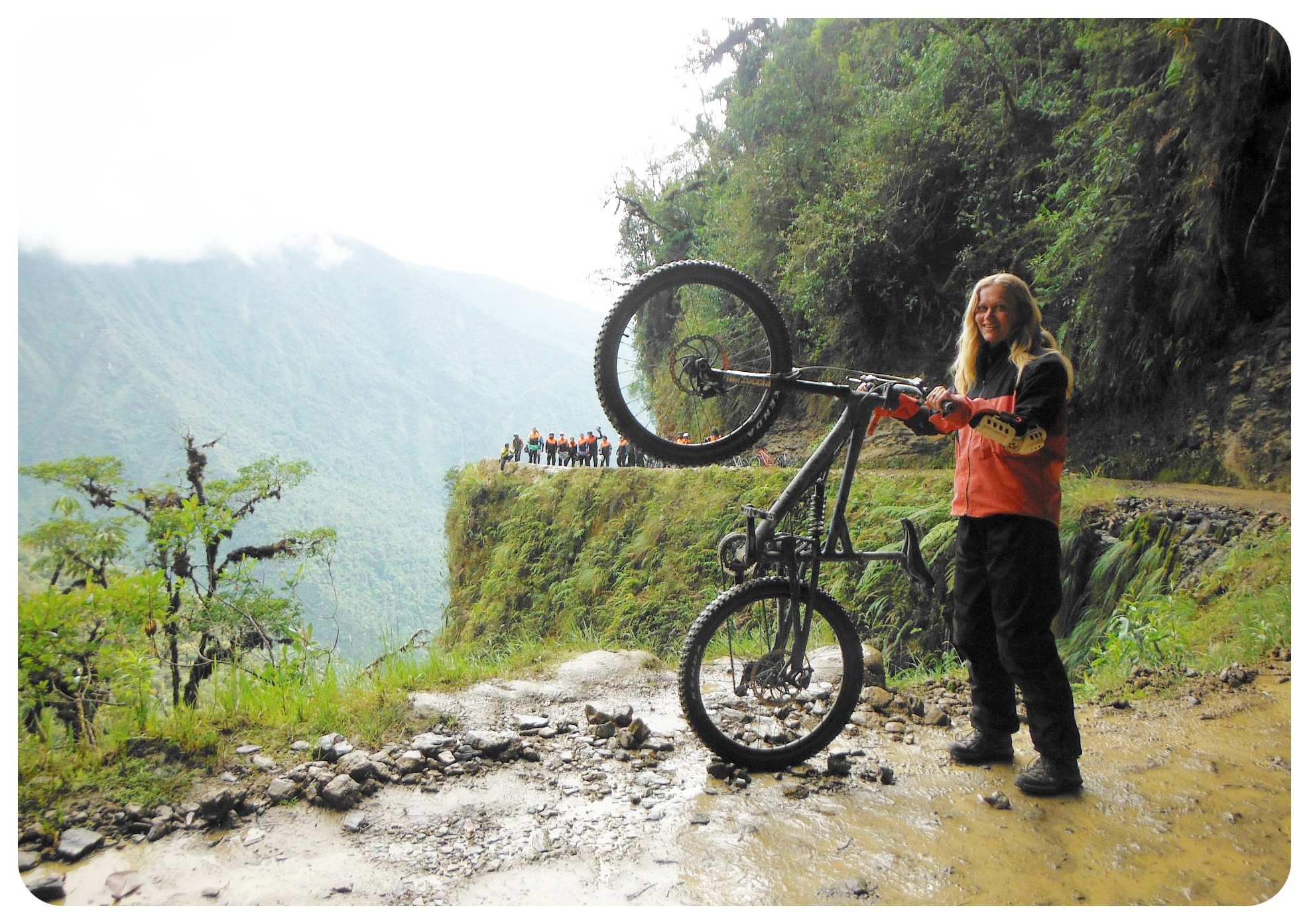
Make sure to find out if racing down the ‘World’s Most Dangerous Road’, aka the ‘Death Road’ on a mountain bike is covered by your insurance!
You’ll also need to consider what to do if you lose your passport. In this situation, the nearest British embassy will be able to issue an emergency travel document, but they’ll need to see a recent photo of yourself, and proof of your travel plans, such as a copy of booking confirmations.
It would be a good idea to keep up to date on national and international news before leaving, that way if there is civil unrest or any other problems in an area you’ll be traveling through, you’ll know about it in advance.
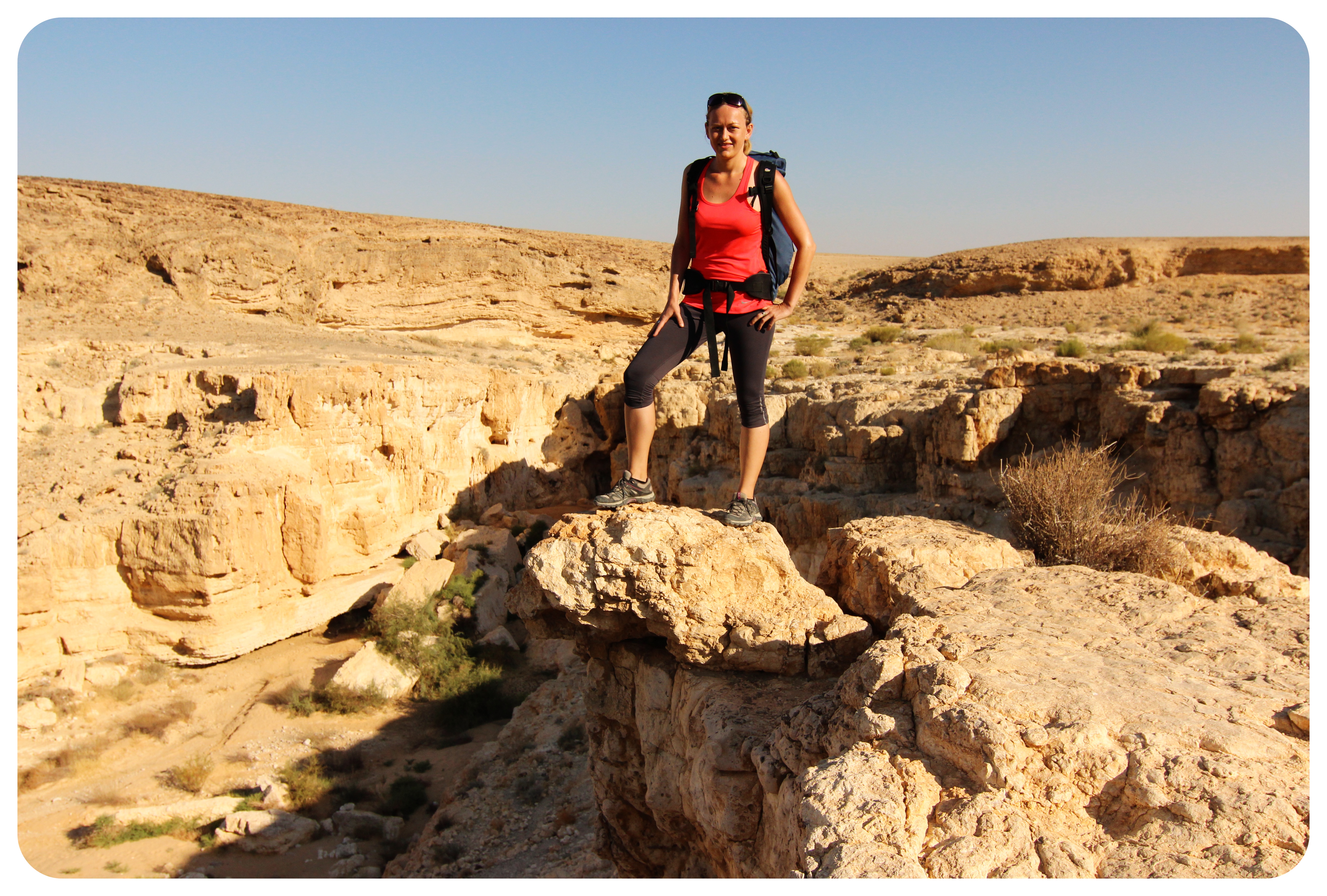
Traveling through Southern Israel only 10 days after a cease fire with Gaza was agreed was probably not my smartest travel idea.
Finally, don’t forget to read up on the countries you’ll visit. Some countries will have laws and customs that are unfamiliar to you, and being unaware of them could lead to you offending someone, being fined or even arrested.
Do’s and Dont’s During Your Trip
Try not to let people know you’re alone. If someone asks if you’re alone or if you’re new to the area, it’s probably just an innocent question, but it’s also the sort of thing someone might to ask to see if you’re a good target.
If you’re staying in a hotel, leave a Do Not Disturb sign on your door when you’re out. It won’t stop every burglar, but many will have second thoughts if they think you might still be in the room.
It’s also worth considering where you’ll keep your valuables – it’s probably best just to leave items like jewellery behind, but you’ve got to carry cash and credit cards. Your wallet or your purse is the most obvious place to put them, but it’s also obvious to a mugger or a pickpocket. If you have any hidden or hard to access pockets, such as on the inside of a coat, that’d be a good place to store them. SmarterTravel shares 7 Genius Ways to Hide Valuables While Traveling.
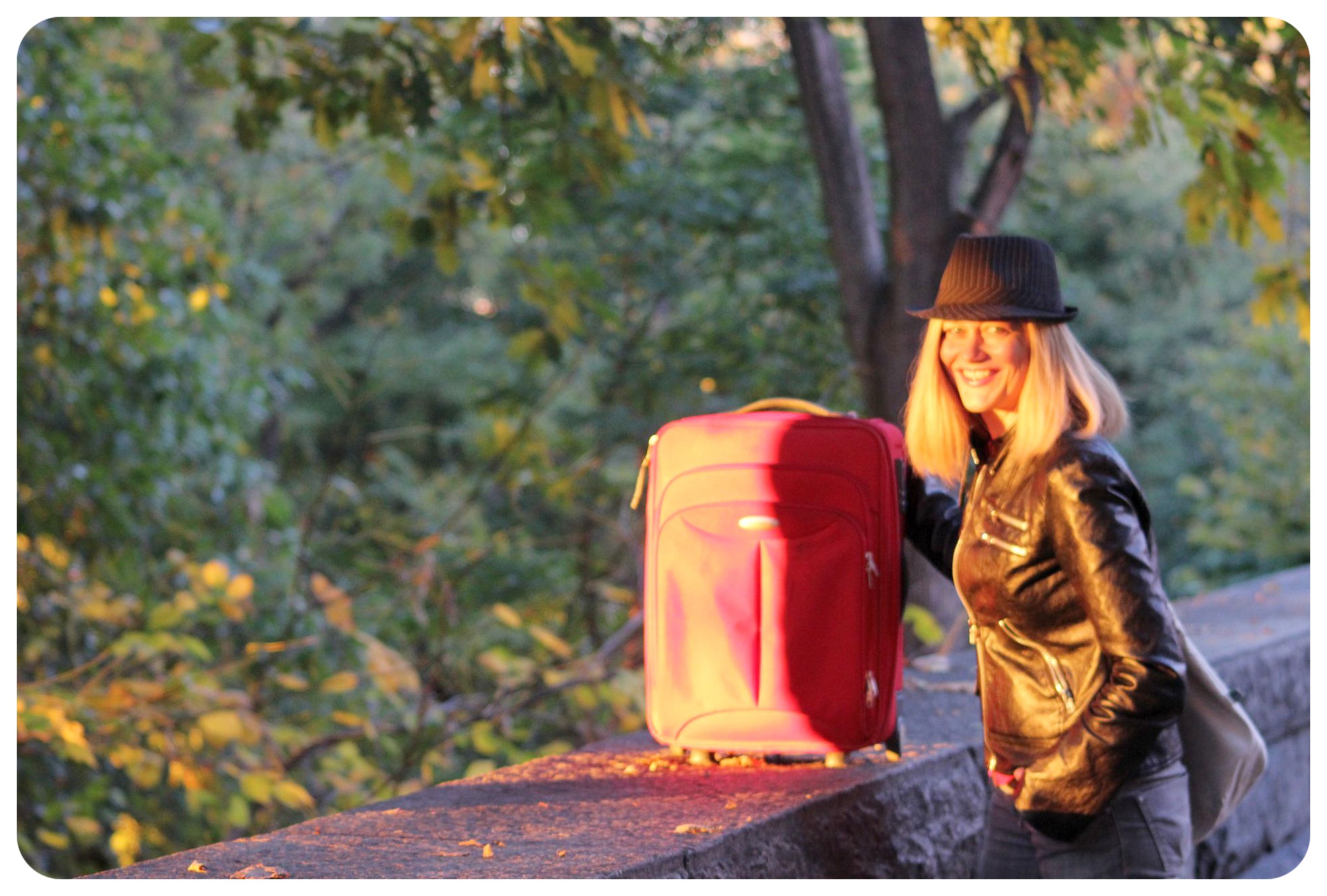
Last but not least: Never forget that solo travel is fun 🙂

